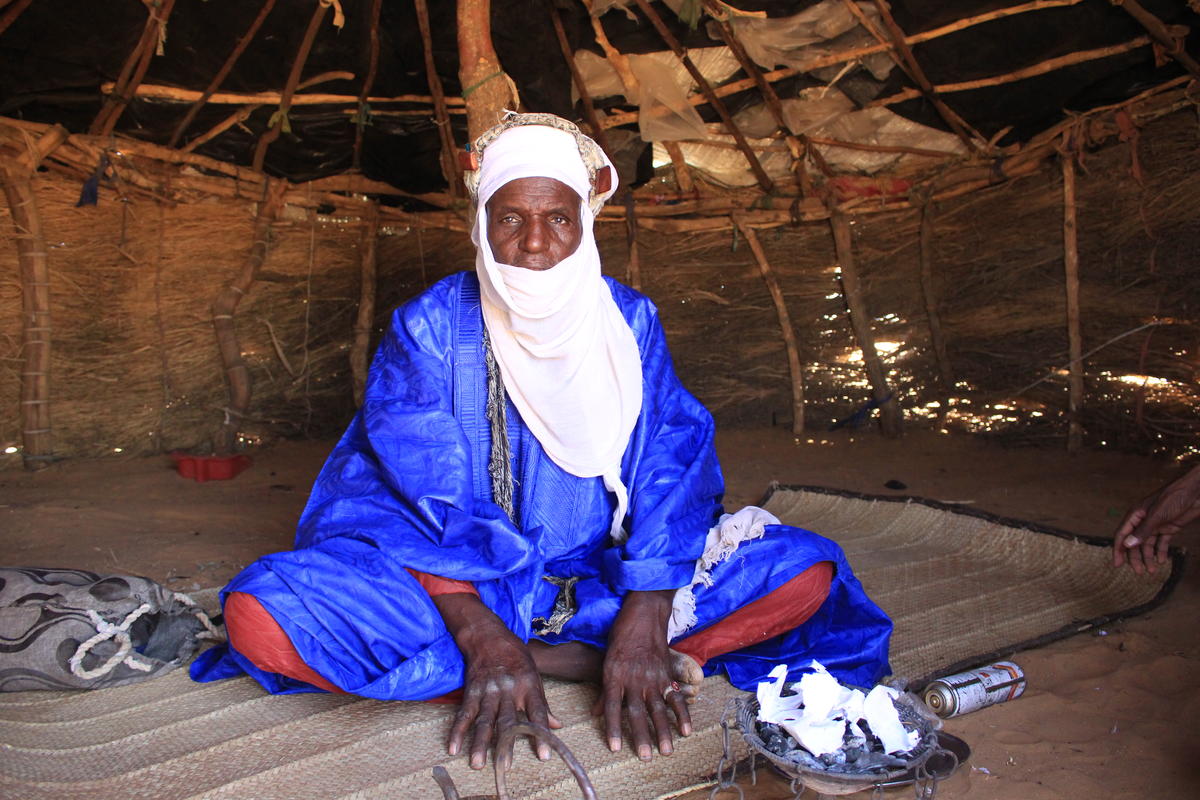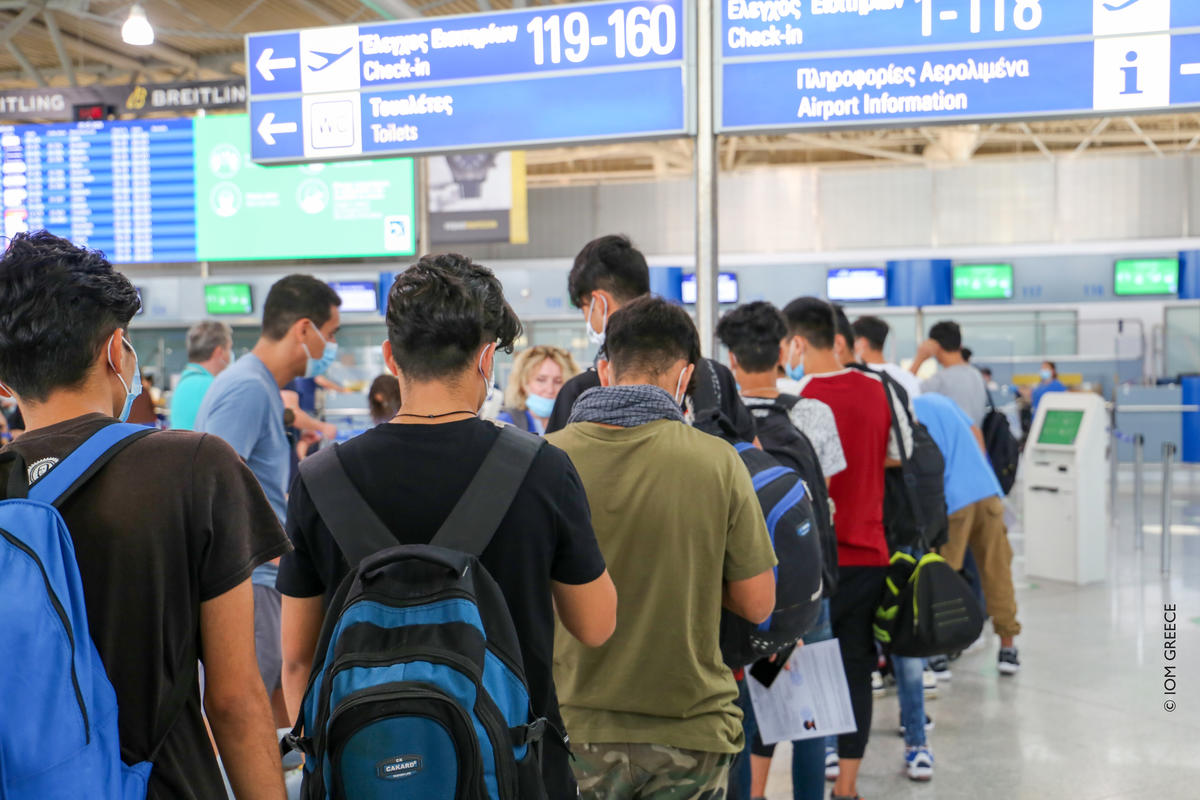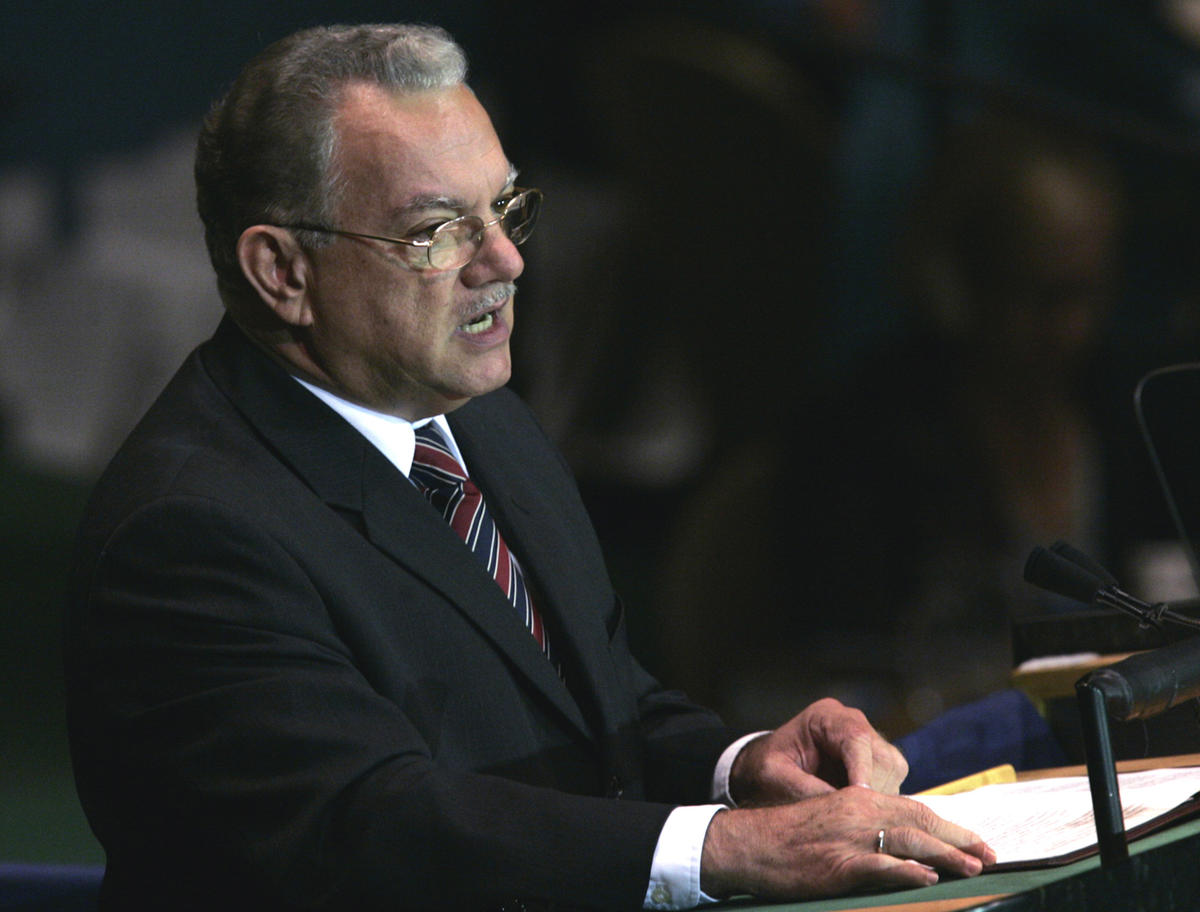Concern for asylum-seekers, refugees left homeless after makeshift camp closed in Greece
Concern for asylum-seekers, refugees left homeless after makeshift camp closed in Greece

GENEVA, July 14 (UNHCR) - The UN refugee agency said Tuesday it was concerned about the fate of hundreds of irregular migrants, including asylum-seekers and refugees, following the closure over the weekend of a makeshift camp in the Greek city of Patras.
The Greek authorities moved in early Sunday to clear the camp. During the operation, 44 unaccompanied minors were found and transferred to a special reception centre in Konitsa, northern Greece.
A further 20-25 registered asylum-seekers were identified and moved to accommodation in Patras, while an unknown number of undocumented residents of the camp were arrested and taken to Patras police station. After all the residents were evacuated a fire swept through the camp. The source of the blaze is unknown.
"UNHCR has long maintained that the makeshift camp at Patras did not provide appropriate accommodation for the people sheltering there," UNHCR spokesman Ron Redmond told journalists in Geneva. "However, UNHCR is concerned that no alternative has been provided for many of the people who had been living at the site. We understand that many former residents - including registered asylum seekers - abandoned the site before the clearance occupation. Their whereabouts are unknown. It is feared that many are homeless."
UNHCR has been consistently urging the Greek authorities to improve the quality of its reception facilities for asylum-seekers. The lack of interpretation and legal aid services at the Patras police station limit the authorities' ability to receive and process the claims of asylum-seekers.
A significant number of the asylum-seekers identified recently are minors; UNHCR would like to work with the Greek authorities to ensure that adequate solutions are found for this group. "It is important that all the asylum-seekers affected by the operation are not expelled from the country until their protection needs have been appropriately assessed," Redmond said.
In another development of concern to UNHCR, a new law was adopted last week in Greece which decentralizes asylum decision-making at first instance to more than 50 police directorates across the country. It also abolishes the existing appeals commission in favour of a limited judicial review before the Council of State, which would address only points of law and not correct errors of fact. These new developments are likely to make protection even more elusive for those who need it in Greece.
"UNHCR recognizes the considerable pressure which irregular migration places on Greece. UNHCR continues to reiterate its readiness to work with the Greek authorities to improve the asylum procedure in that country," Redmond stressed. Last year, there were nearly 20,000 asylum applications lodged in Greece. In the course of the year, international protection was accorded to just 379 people.








